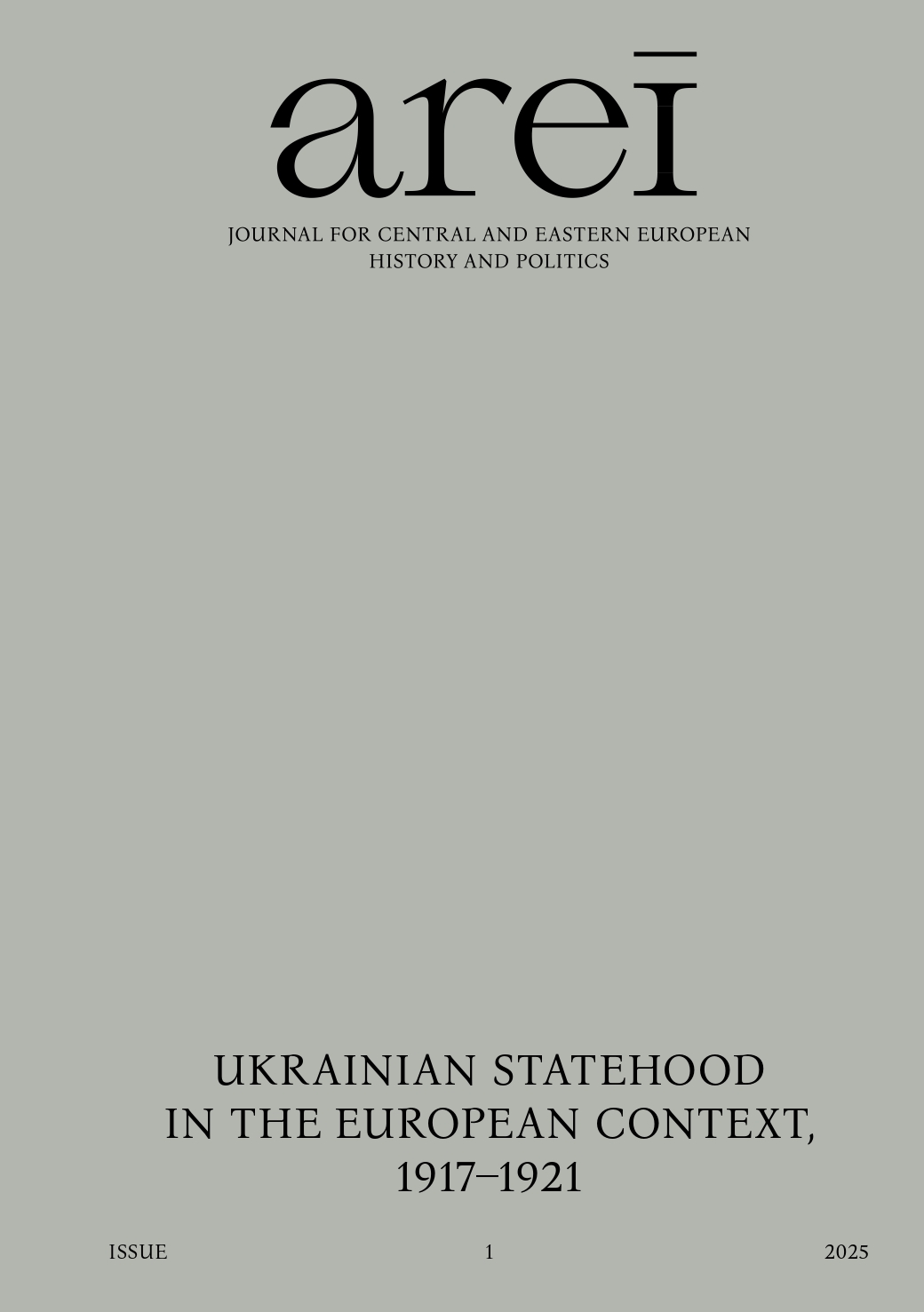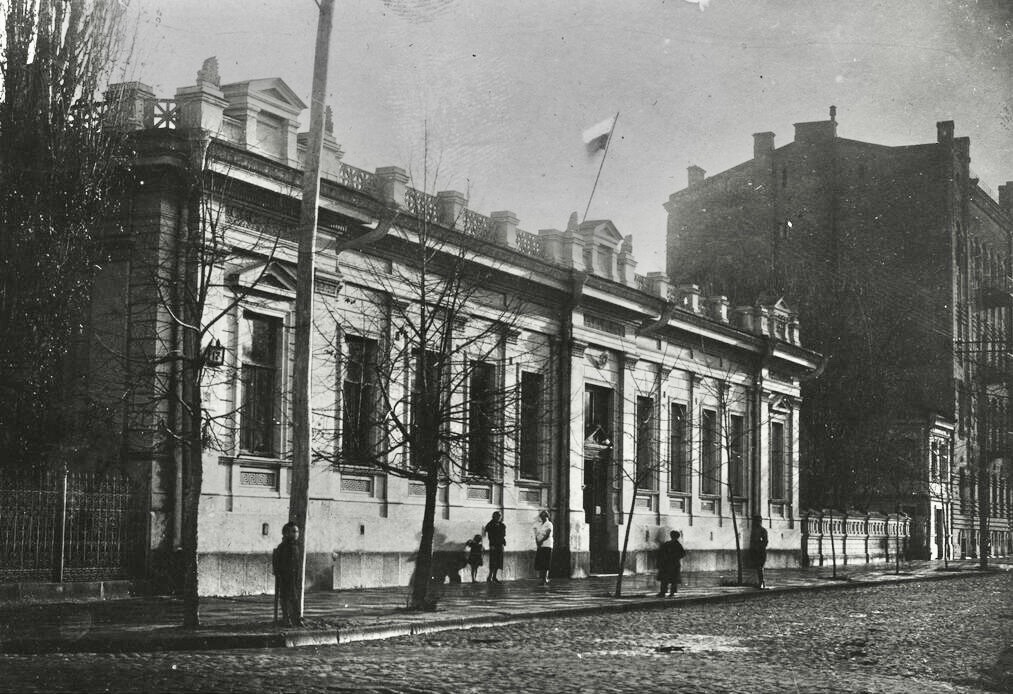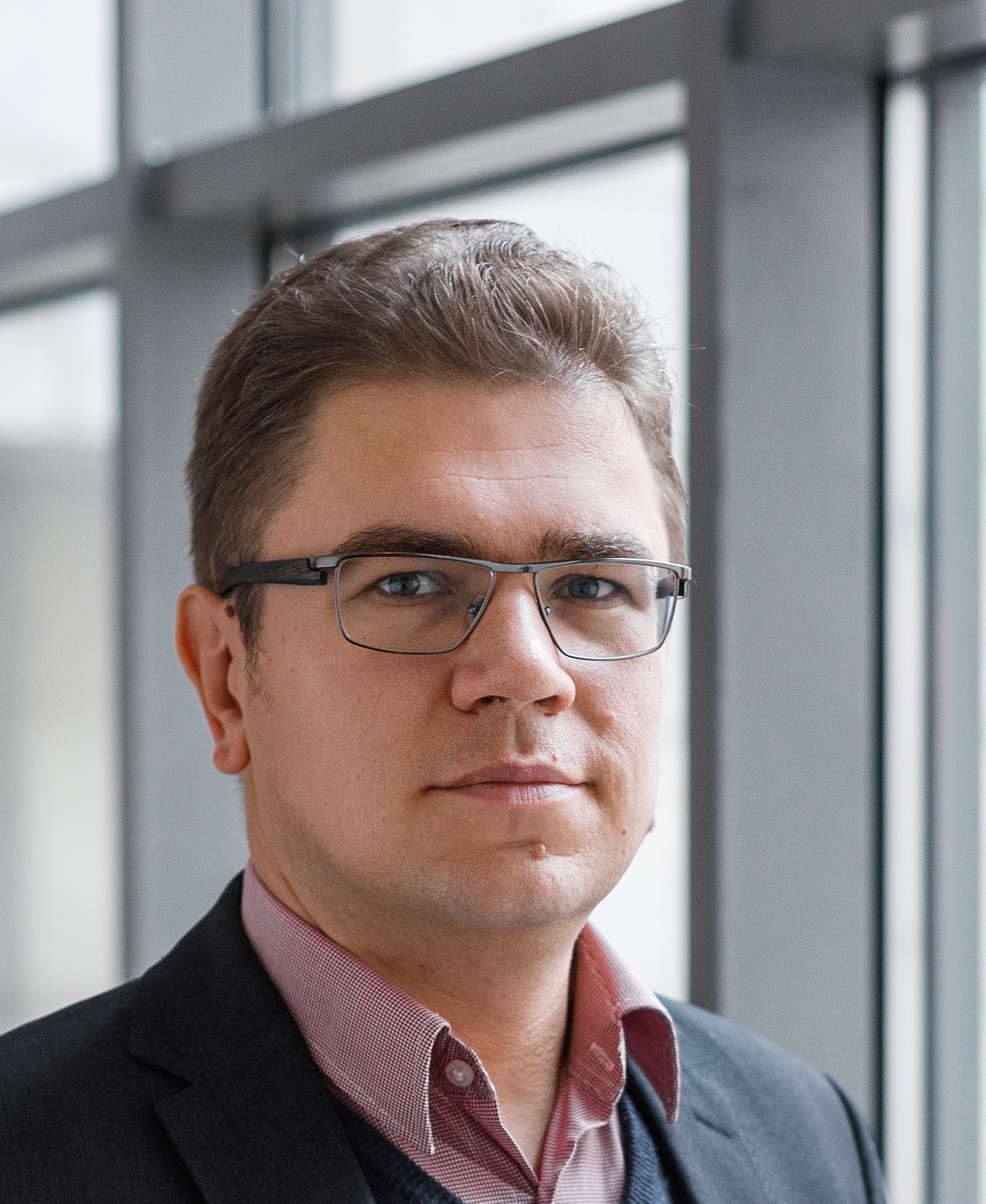 |
Dr Łukasz Adamski (Editor-in-Chief, Mieroszewski Center for Dialogue, Warsaw, Poland) |
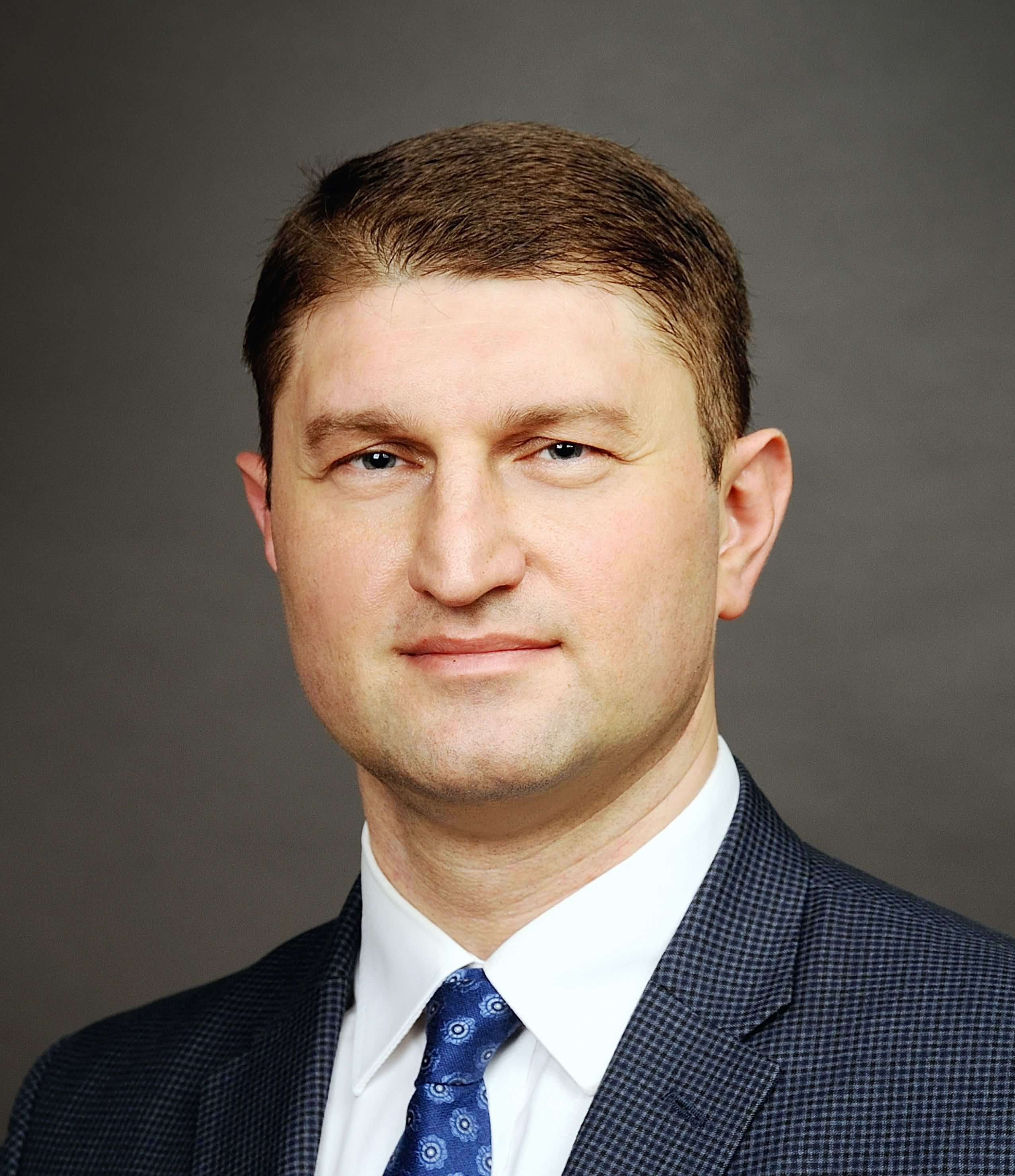 |
Dr Igor Gretskiy (Estonian Foreign Policy Institute, International Centre for Defence & Security, Tallinn, Estonia) |
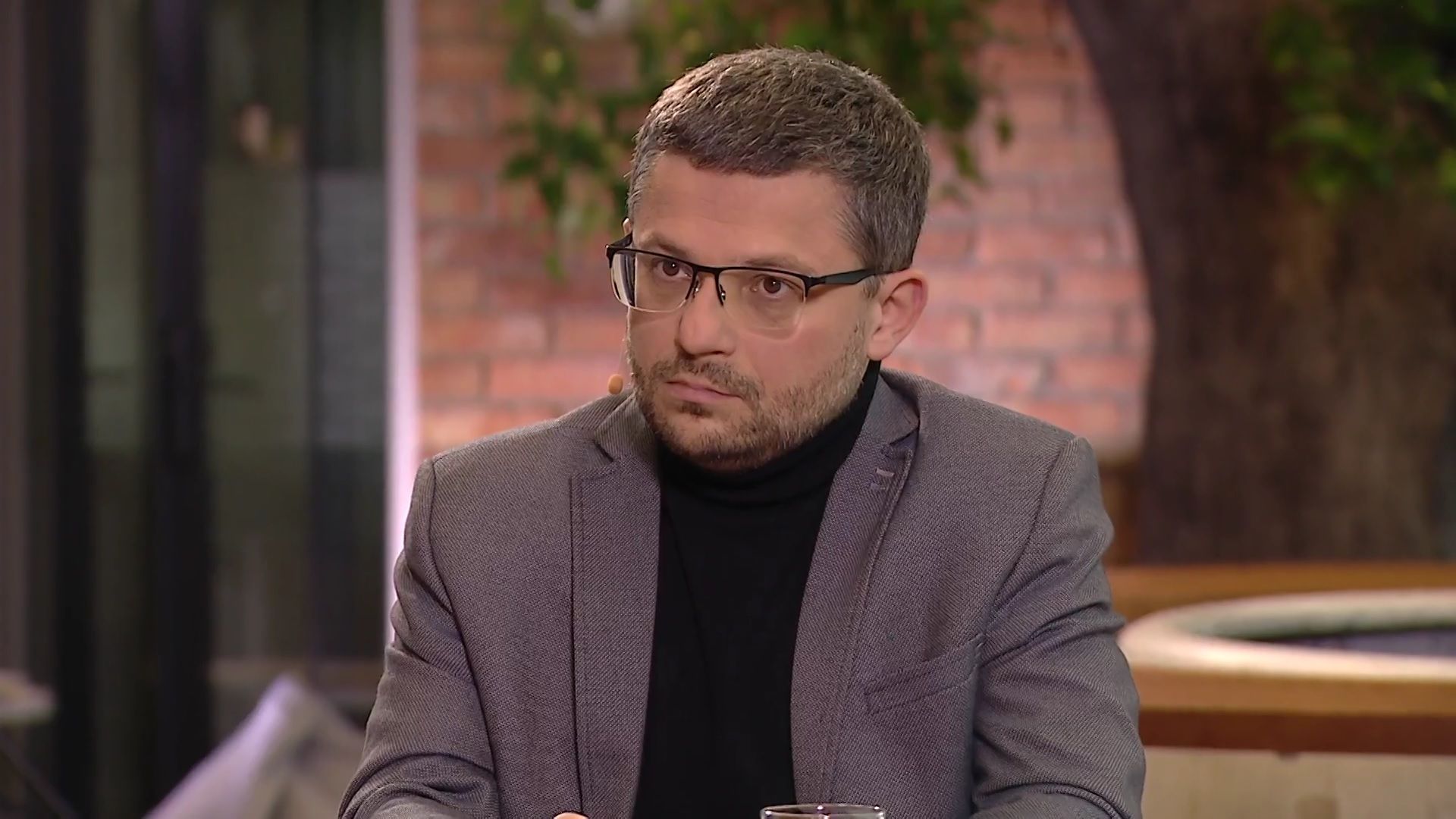 |
Dr Paweł Libera (Institute of History, Polish Academy of Sciences, Warsaw, Poland) |
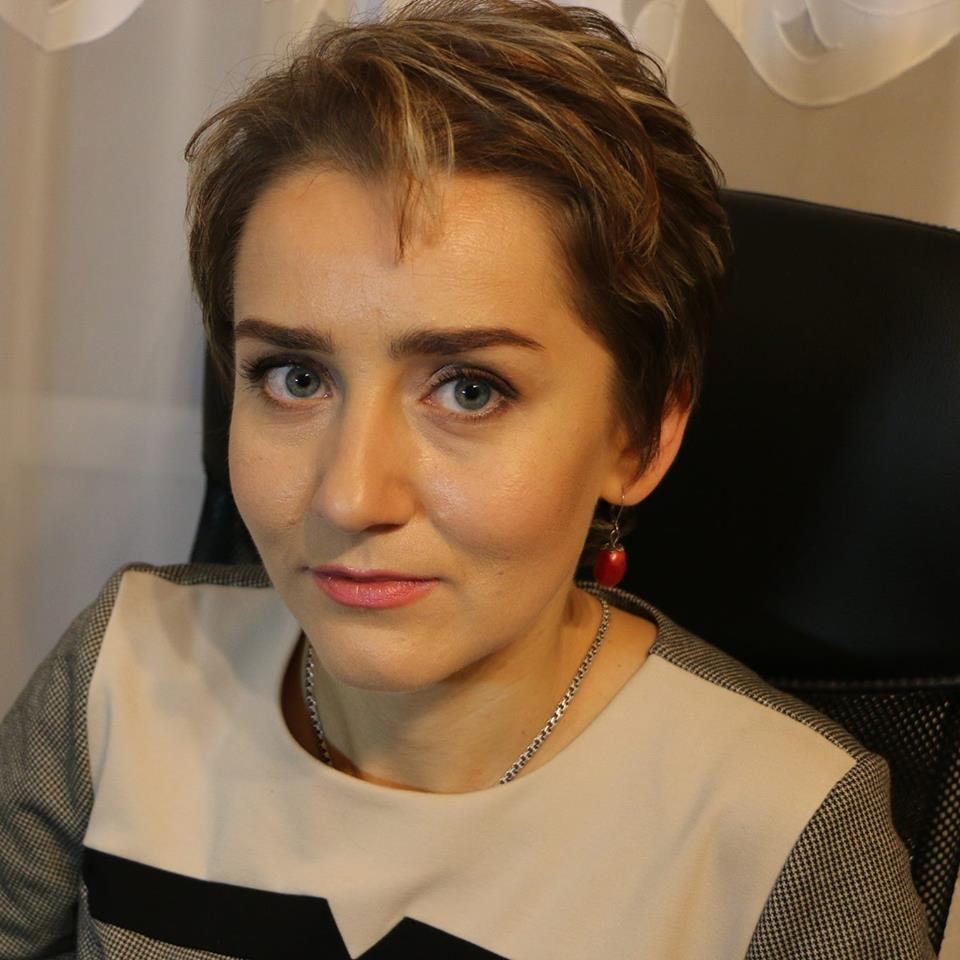 |
Dr Yana Prymachenko (Institute of history of Ukraine, National Academy of Science of Ukraine, Managing Editor, Kyiv, Ukraine) |
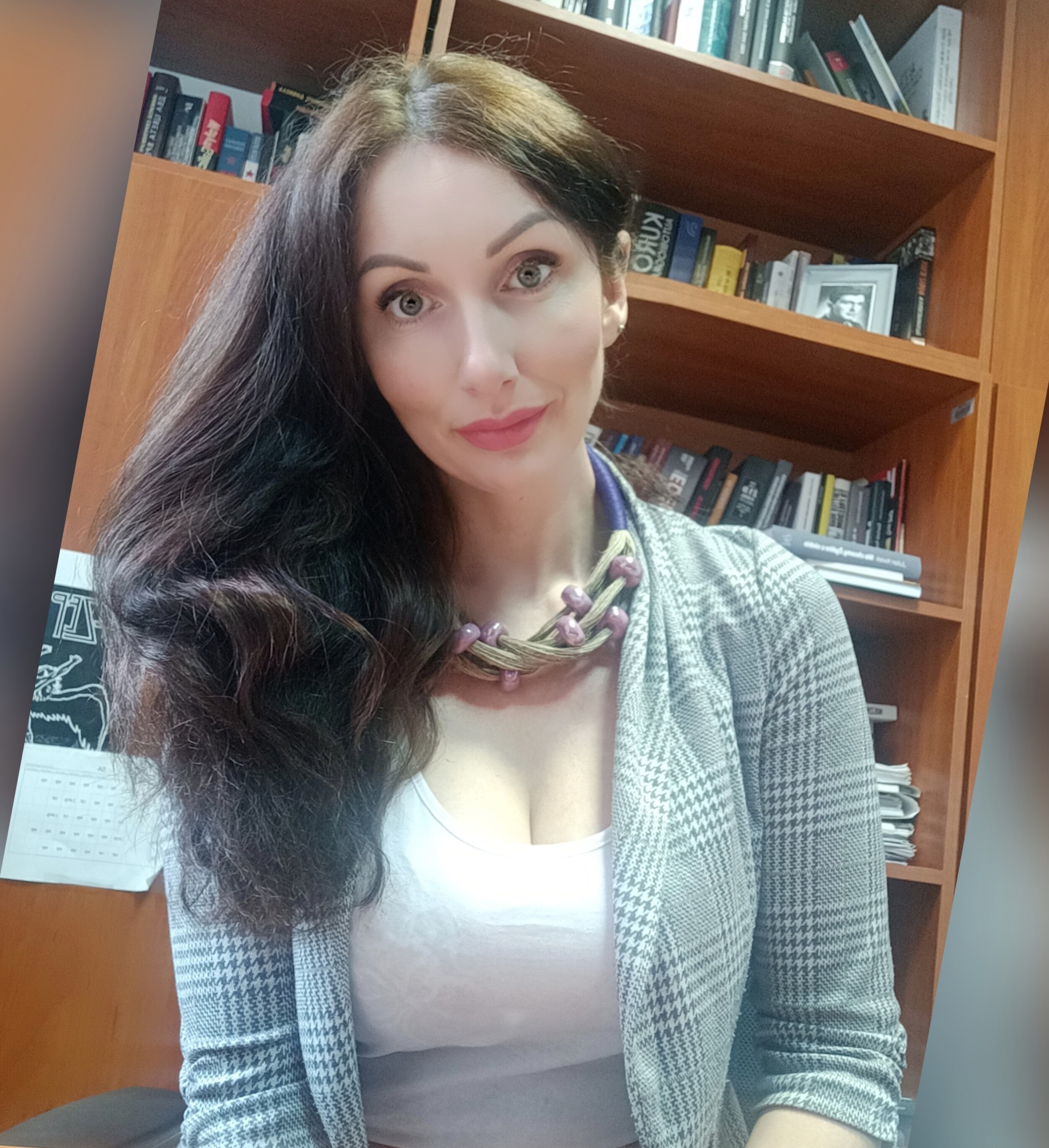 |
Dr Magdalena Semczyszyn (Institute of Political Studies, Polish Academy of Science, Warsaw, Poland) |
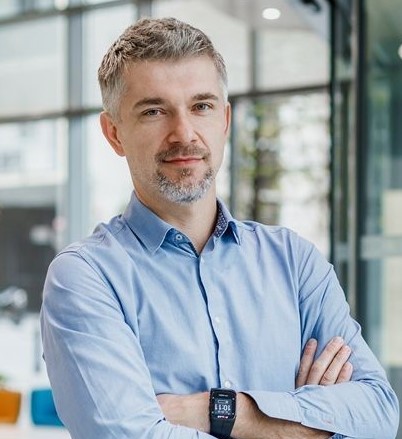 |
Dr Ernest Wyciszkiewicz (Mieroszewski Center for Dialogue, Warsaw, Poland) |
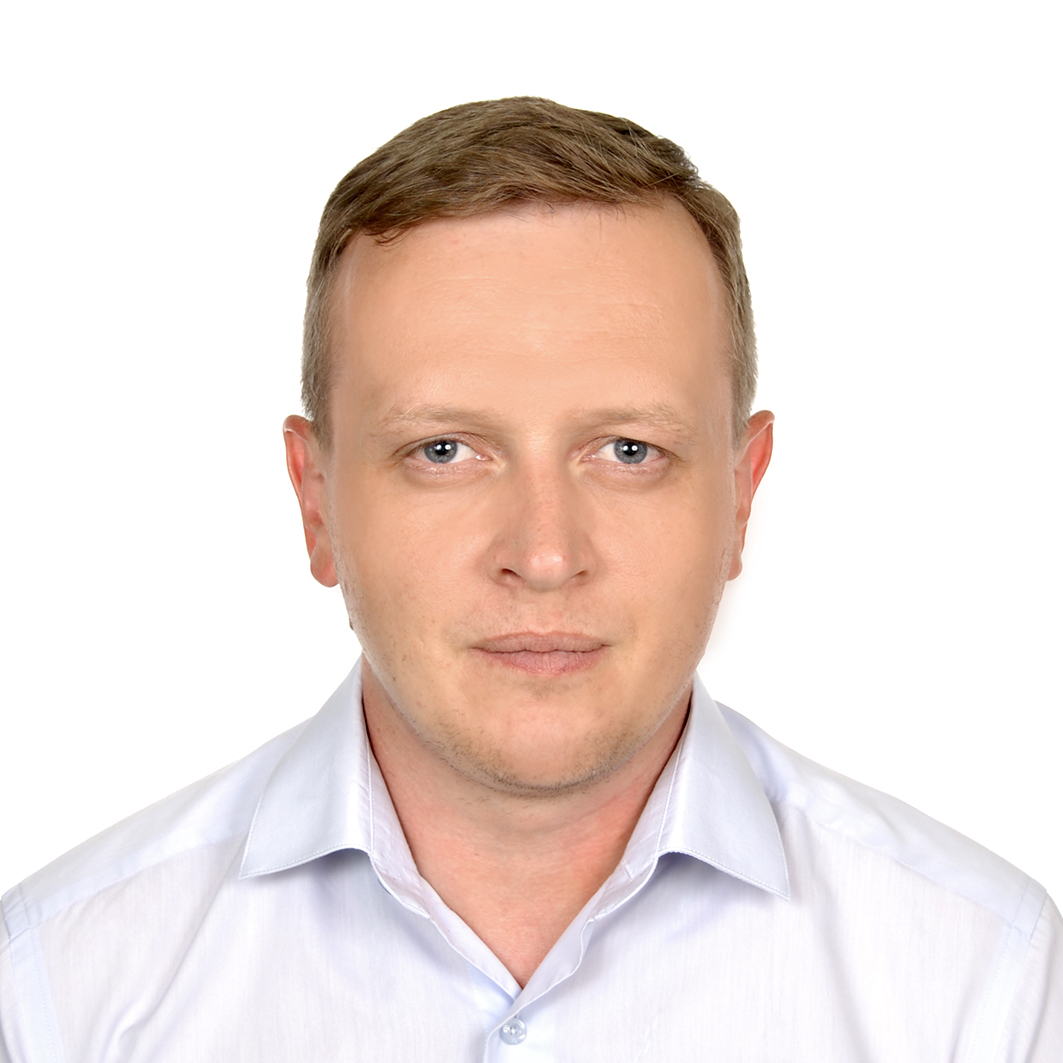 |
Prof. Gennadii Korolov (Mieroszewski Centre for Dialogue, Warsaw, Poland) |



